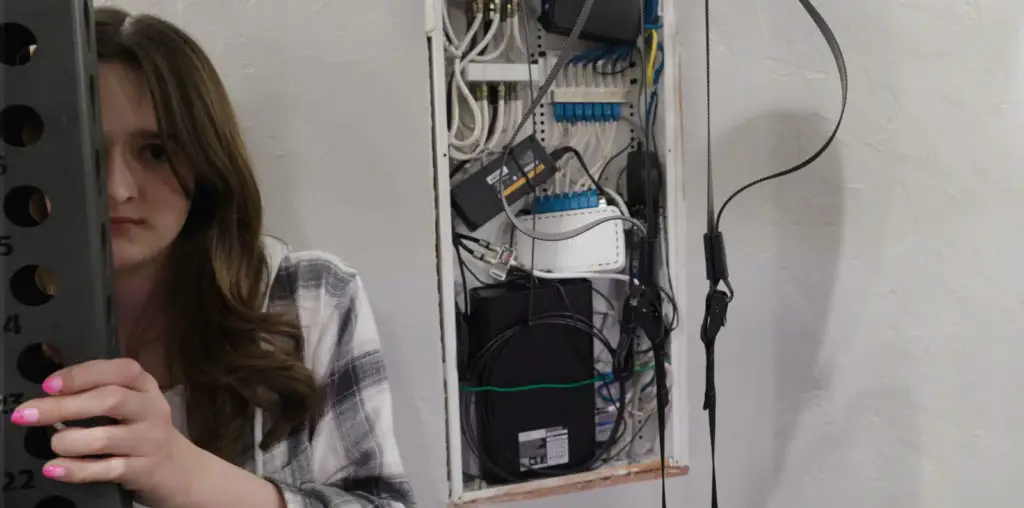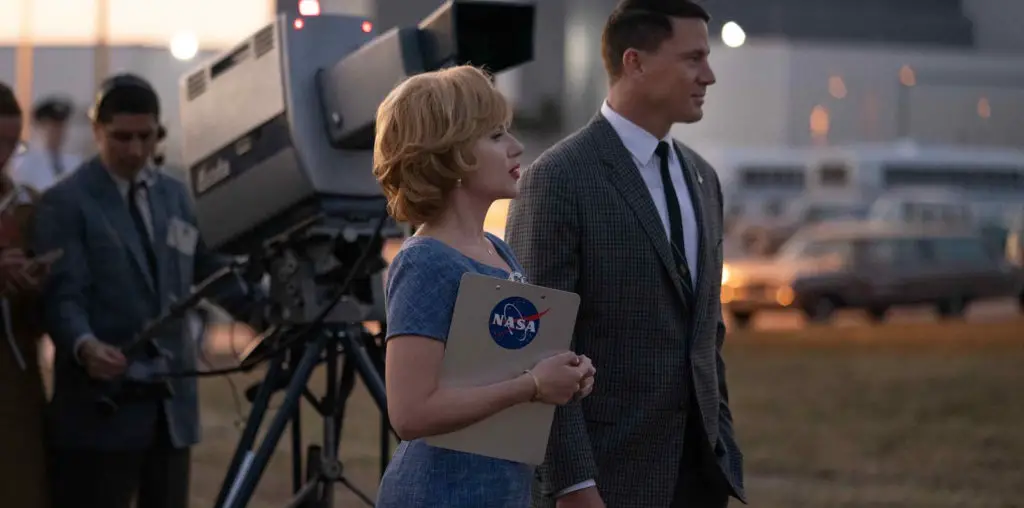
Documentarian Jennifer Baichwal’s film “Payback” is a meditation of sorts on what it means to owe a debt that there’s really no way they can possibly repay. While the film contains some intriguing stories and fascinating insights, I found it ultimately too meandering to keep up with and remain focused upon. Still, this isn’t a film I can easily dismiss because it takes 4-5 very different looks at people who seek to hold others responsible for almost existential issues that can really never be remedied. These are all intriguing stories (some more than others) but the lack of a through-line left me feeling a little free-falling at times.
Baichwal juxtaposes stories of illegal farm workers in Florida, an Albanian family feud, victims of the huge BP oil spill of a few years back and an inmate who cannot forgive himself for the crime he committed. There’s also various writers, economists and “thinkers” who add color and depth to the ideas being explored. All of these indebted people have done something or had something done to them that demands retribution yet most of them suffer from issues that there’s simply no way to pay back what has happened.
I say mostly because in “Payback” we see an agricultural empire in the Florida orange groves which was built cheaply on the backs of migrant workers. The head honchos can totally afford to start paying their workers a better wage and they should because without them, there would be no empire. It’s an interesting look at debt that I had never thought of in that way before.
In another section, we meet an Albanian family who have all been sentenced to home confinement because the patriarch shot and nearly killed a neighbor in a land dispute. If anyone in the family of the shooter leaves the area of their house, the family of the victim has the right to kill them all. It’s an antiquated form of justice but stubbornness and pride stand between the debt being paid. This too is interesting because it looks at who ultimately gets to say the “borrower” as it were, has paid their debt back. Each segment looks at debt in different ways and I got the gist of each but with stories so disparate, you inevitably remain focused on one storyline as the film moves forward with or without you.
“Payback” was inspired by writer/philosopher Margaret Atwood who I admittedly had not heard of previously. I wish “Payback” would have leaned more heavily on her writing and speaking as a through-line in order to ground me in the varied storylines and how they fit into Atwood’s vision and ideas, which are also the basis for the film. Her commentary on status and the meanings of wealth, power and payback are completely engrossing and intriguing and I wish there were more added to the film. In any case, I look forward to learning more by reading Atwood’s books.
“Payback” is indeed a very intriguing documentary and is sure to keep the wheels turning in your mind after the credits roll. I just needed a little more hand-holding in the process to slowly guide me into these new arenas of thinking than Baichwal was willing to give.

